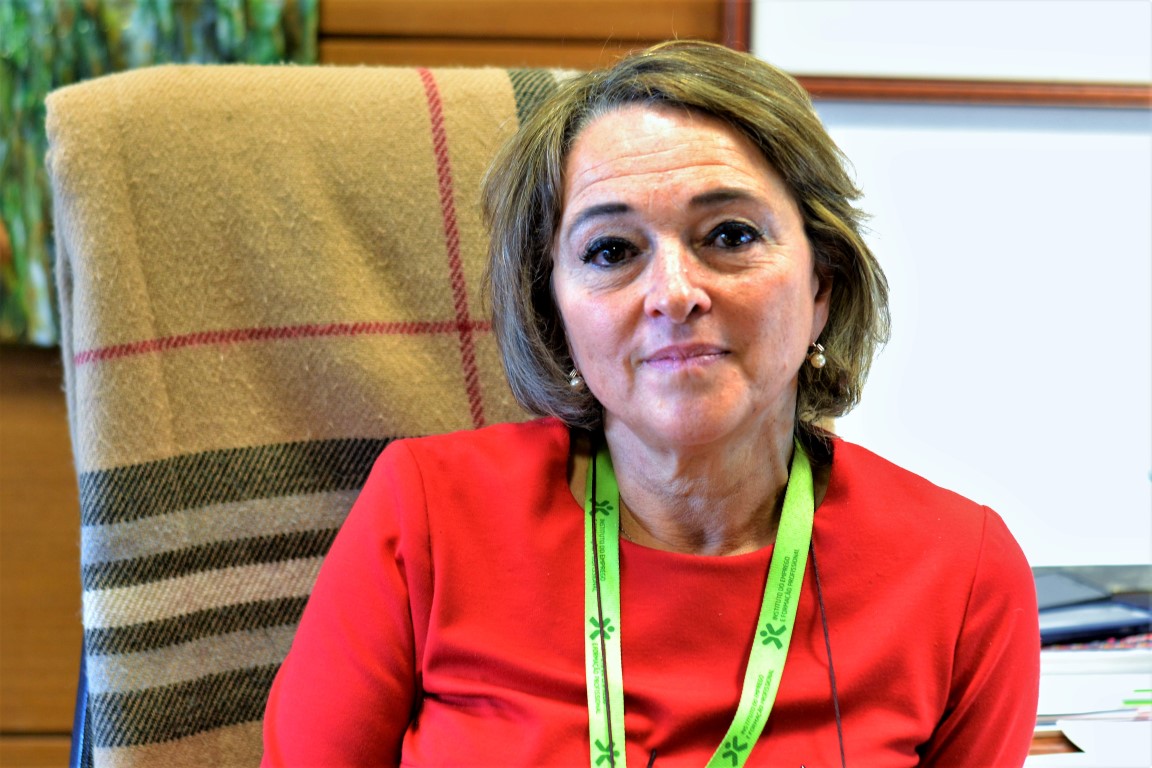
The unemployment rate has gone down, job offers have increased and, especially, in high season, companies have difficulties to find labor in the Algarve. The Employment and Professional Training Institute is left with few unemployed people available to place and one of the solutions is to look for workers in other regions of the country and even abroad.
Madalena Feu, IEFP delegate in the Algarve, in an interview with Sul Informação, added that, in 2017, the lack of manpower led to us “disseminating the offers we had in employment services in other regions and also using the European employment network, Eures, or cross-border, under the agreement we have with Andalusia, for cross-border mobility as well as at European level”.
According to the head of the IEFP in the Algarve, the most problematic areas of employment are «agriculture and hotels/restaurants, but there are also beginning to be difficulties for trade».
In the specific case of commerce, with the opening of MAR Shopping Algarve, in October last year, the IEFP «reinforced the disclosure of offers for this surface in Andalusia and there were some interested parties with intentions to apply. We held two job fairs, in partnership with the project's promoters, and several Spaniards came, making inscriptions to apply for the companies' offers», he adds.

Madalena Feu admits that “they may not be very high numbers”, because, she adds, “we have other problems, such as the lack of accommodation in the region and transport, which do not help the mobility of workers”.
Finding solutions to these difficulties is beyond the competence of the IEFP, but its delegate says that “there is a measure that we will reinforce in 2018, which is the support for geographic mobility. The Institute can provide financial support to workers who live more than 50 kilometers from the place where the job is offered and who sign a contract lasting more than six months, so that they can move to the region. This support is also valid for the Algarve, as long as the place of work is more than 50 kilometers away».
This measure allows, according to Madalena Feu, that «companies headquartered outside the region, who know people and want to bring them here, can resort to support. This helps to overcome some of the need for labor and some financial difficulties of workers to pay for accommodation and food».
The dissemination of job offers in other regions of the country and abroad will also be reinforced in 2018, both in Andalusia and at European level, in this case, "more for the agricultural sector". "We have been able to work with the companies and bring, namely for the picking of red fruits and, this year, also for the picking of citrus fruit, some workers from Bulgaria, Romania or Poland."
Madalena Feu guarantees that the IEFP is «trying, in advance, to contribute to minimize the lack of labor, with the very large reinforcement of the dissemination of offers, as well as the dissemination of geographic mobility incentives».
However, there is also work to be done with companies in the region, given the seasonality that characterizes employment in the Algarve. «We tried to actively promote the Formalgarve program and one of the arguments we gave is that this is a support that can minimize the problem. If companies “grab” the workers they hired in 2017, in 2018, they could have this problem minimized», he explains.
Despite the high demand for workers, even in the summer months, there are unemployed people who remain in the IEFP's files without finding a job, above all, older workers, with low education, but also young graduates.
This is “another concern of ours: unemployment during high season. If someone cannot find a job in a region that needs labor, there is a problem that needs to be resolved», considers the IEFP delegate.
For this type of unemployed, who do not fit the profiles sought by employers, the IEFP wants to reinforce the measures of qualification, requalification and reinforcement of skills.
In the case of licensees, Madalena Feu advocates a “reconversion and requalification of licensees. We have to find an answer for them. The IEFP has a tradition of training up to level 4, but a graduate can attend our professional and non-school activities. We also call on these people a lot for training in languages, such as French, a language that is beginning to be much sought after”, he concludes.

















Comments